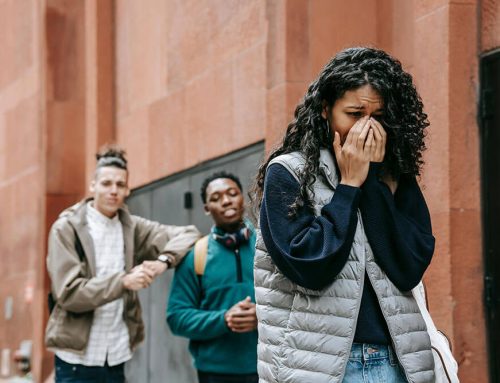For many drivers, seeing flashing lights and a line of cars ahead creates instant tension. Driving under the influence (DUI) checkpoints can be intimidating, especially if you're unsure about what law enforcement can legally ask of you.
At Jaswal & Krueger Criminal Defence Lawyers, we've guided countless clients through DUI cases, DUI charges, and related criminal offences. These checkpoint stops are designed to protect public safety, but they must operate within strict legal boundaries.
When police conduct sobriety checkpoints, they look for signs of impaired driving, including slurred speech, bloodshot eyes, or the smell of alcohol. Based on any obvious clues, the officer may request a breath test on a roadside breathalyzer device called an Approved Screening Device. A result indicating "warn" or "fail" can lead to suspension, DUI arrest, or further testing on a more sophisticated breathalyzer machine at a police station. You can read more about how officers screen drivers on MADD Canada's enforcement guide.
What Happens When Police Officers Pull You Over At DUI Checkpoints?
DUI Checkpoints Have Strict Rules
The Supreme Court of Canada has confirmed that police can use DUI checkpoints, but only if the police balance road safety with individual charter rights. These random checkpoints are meant to detect impaired drivers, but the process must be reasonable and minimally invasive. Officers cannot stop vehicles arbitrarily or conduct an unlawful search without reasonable grounds. The stop should be brief and professional, allowing officers to check your driver's license and vehicle registration before determining if further screening is justified. If any step exceeds what's legally required, a defence lawyer can review the stop's validity in court.
You Have the Right to Remain Silent
During a DUI checkpoint stop, you may feel pressured to answer questions about drinking alcohol or using other drugs. You are not legally obligated to share this information. Your right to remain silent allows you to politely decline to speak beyond what's required to provide your driver's license and confirm your identity. Staying calm and respectful is key.
Refusing a Breath Test Has Consequences
If you're stopped at a DUI and asked to provide a sample, it's natural to hesitate. However, refusal carries legal consequences. Under Canadian DUI laws, declining breathalyzer tests can result in automatic suspension of your driver's license, fines, and criminal prosecution. The law is designed so that the punishments for refusing a test are the same as failing a test. You may also face higher insurance premiums or vehicle impoundment.
Officers Must Have Reasonable Suspicion to Escalate
Not every initial stop leads to further testing. While police now have the option to conduct a "mandatory demand" that demand is only for alcohol and must include a police officer having the device on their person or in their vehicle. In every other situation, police must have reasonable suspicion—such as slurred speech, the smell of alcohol or drugs, or erratic driving—to extend the detention. Without this, any further police search or testing may violate your legal rights. If an officer proceeds without proper cause, the resulting evidence could be challenged in court. Law enforcement must act within clear limits to prevent arbitrary detention or invasion of privacy.
Sobriety Tests Must Be Conducted Properly
When officers ask you to perform field sobriety tests, the process must be conducted accurately and fairly. These assessments are often subjective, influenced by fatigue, weather, or anxiety. Officers are trained to administer field sobriety tests consistently, but errors are common. If you were tested on uneven pavement or given unclear instructions, your results could be unreliable. As experienced criminal defence lawyers, we can challenge such evidence to highlight the limits of these assessments. A single procedural misstep can shift the direction of a DUI case significantly.
You Can Record the Encounter
It can be a nerve-wracking experience to be stopped at a police checkpoint, but you are generally allowed to record the interaction. Doing so creates an objective record that may later help your legal counsel. The key is to keep your device visible and avoid interfering with officers performing their duties. If you are told to stop recording, comply and seek expert advice afterward. Documentation often plays an important role in exposing improper conduct or unlawful detention.
Legal Support Can Protect Your Rights
After being stopped or charged, obtaining legal counsel quickly is vital. A skilled defence lawyer can examine the checkpoint setup, review the law enforcement procedure, and determine if the law was followed correctly. If the stop or testing violated your charter rights, the court may exclude the evidence or dismiss the case entirely. Every situation is unique, and outcomes depend on how the facts are presented.












